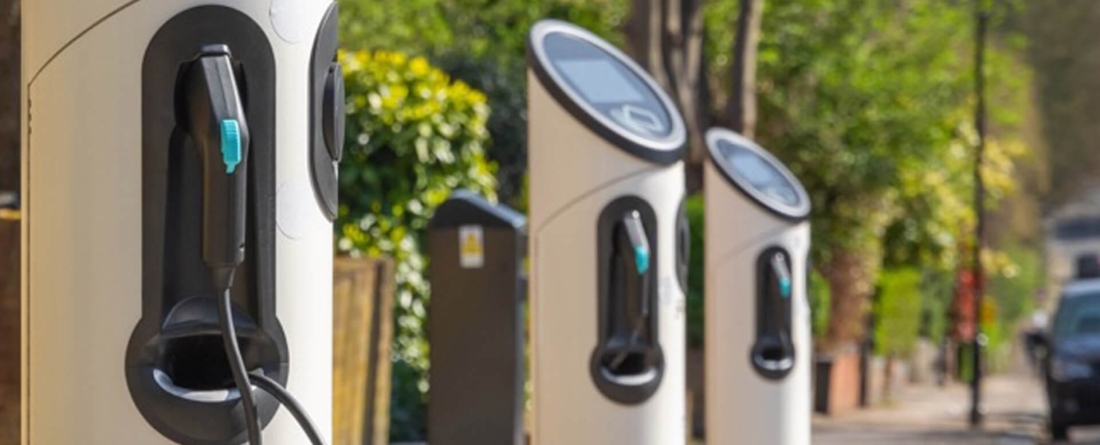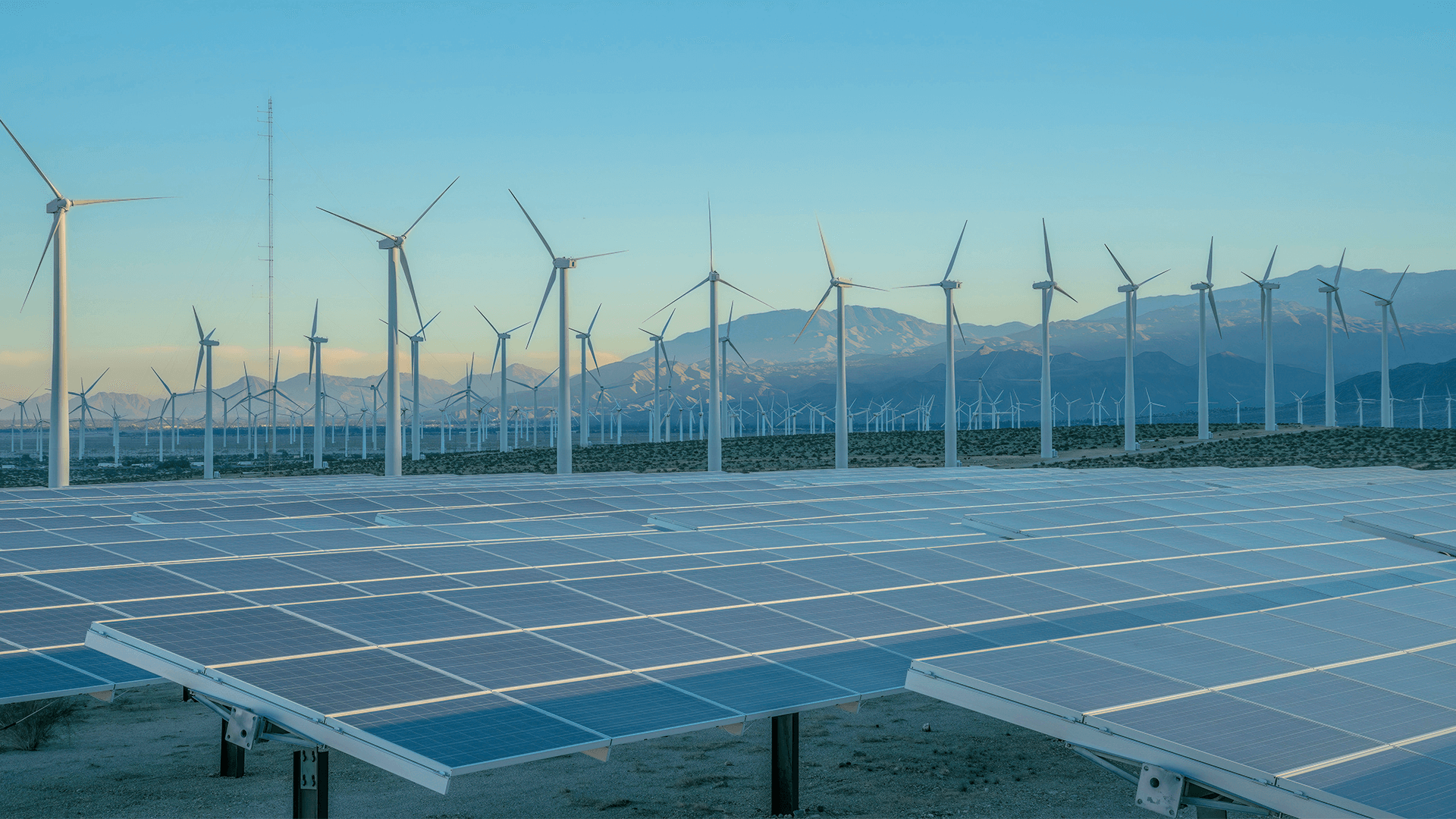
New research from CGS Associate Professor Yueming 'Lucy' Qiu in Nature Sustainability finds that increased availability of electric vehicle (EV) charging infrastructure increases home values by nearly 3.3% in California and, on average, by over $17,000. The study based on nearly 30 years of data from the country’s highest deployer of electric vehicles highlights the importance of EV charging infrastructure, the net positive for consumers’ lives, and its overall contribution to achieving a carbon-free economy.
“Transporation electrification is critical to achieving reductions in the transportation sector, the United State’s largest contributor to greenhouse gas emissions, and that requires the greater deployment of electric vehicle charging stations, ” said Yueming 'Lucy' Qiu, Associate Professor at the University of Maryland School of Public Policy and one of the report’s lead authors. “This research makes it clear that consumers are ready and willing to pay more to be nearby public charging stations. While recent investment from the Infrastructure Bill has enabled greater deployment, the charging infrastructure must be online to meet rapidly growing demand.”
Not only does the analysis find a positive price premium, but it also implies that proximity to nearby public charging infrastructure is viewed positively by local residents in California on top of the emissions reductions, air quality improvement, and cost savings at the gas pump.
The new Infrastructure Bill passed by Congress in 2022 delivers a historic $5 billion over five years to help states install EV chargers within reach of travelers on interstate highways. The opportunity for the public and private sectors to capitalize on these new funds and co-invest in rapid installation is heightened with this study’s new knowledge that these investments are less risky with homebuyers seeking accessible EV chargers.
“While there is available research on the impact of polluting energy infrastructure and renewable energy infrastructure on housing markets, this study fills a key gap in research solely on the impact of electric vehicle charging stations,” Jing Liang, postdoctoral research associate at Princeton University and a former graduate assistant at the Center for Global Sustainability (CGS) at the University of Maryland. “Our new data demonstrates the positive effects of public EV charging for the average homeowner’s pocket and provides further incentive for developers to extend their investment into EV chargers.
Download the paper.



